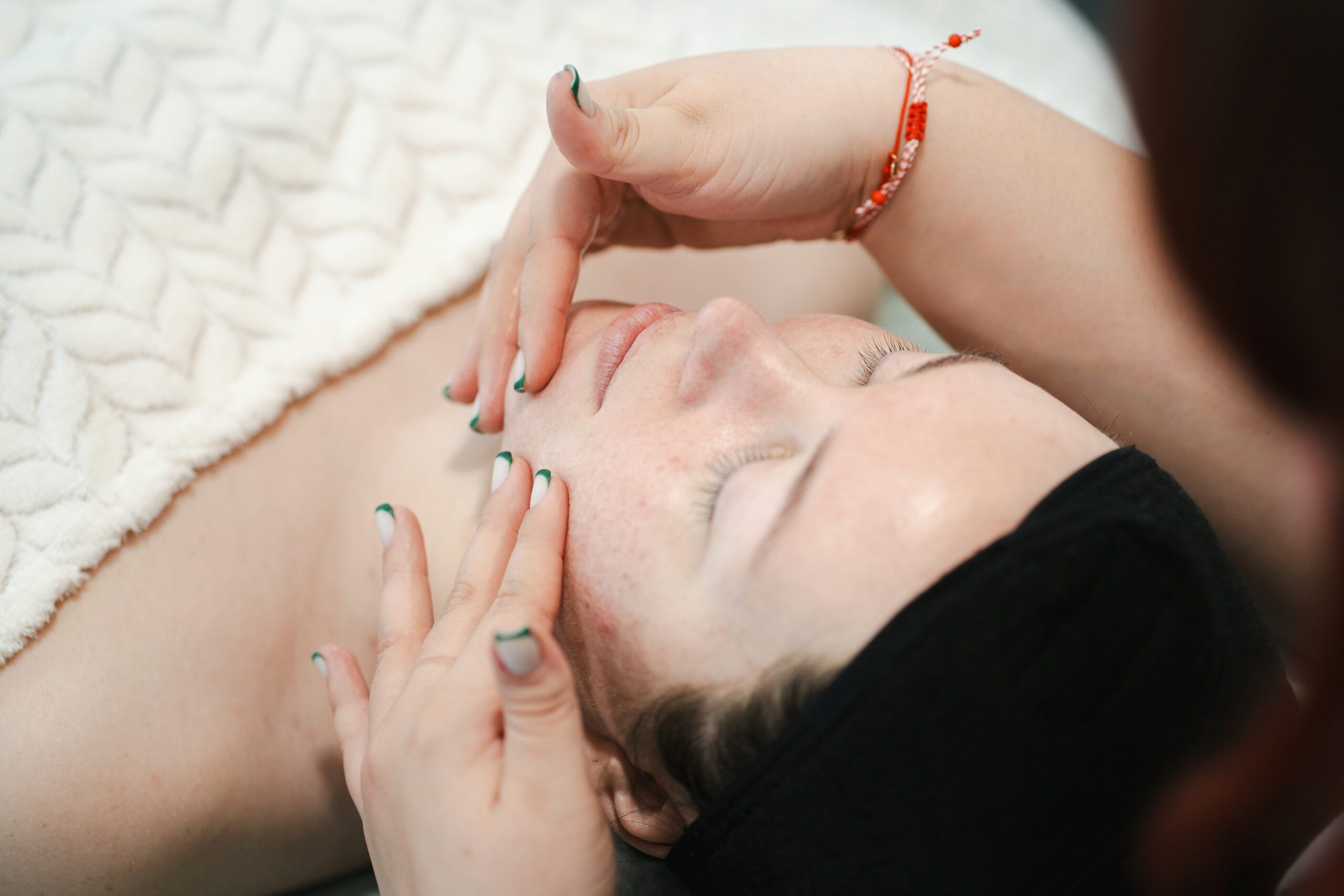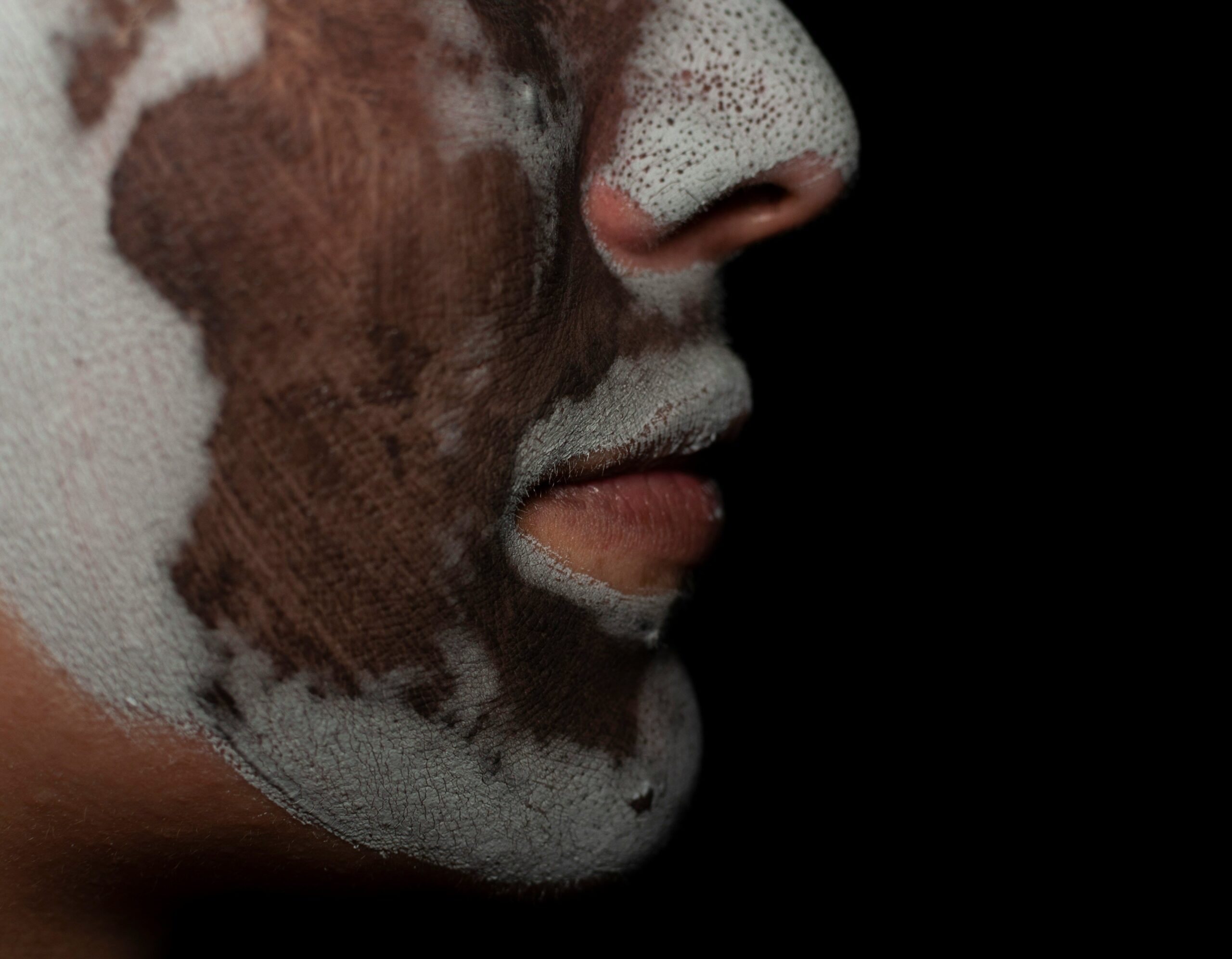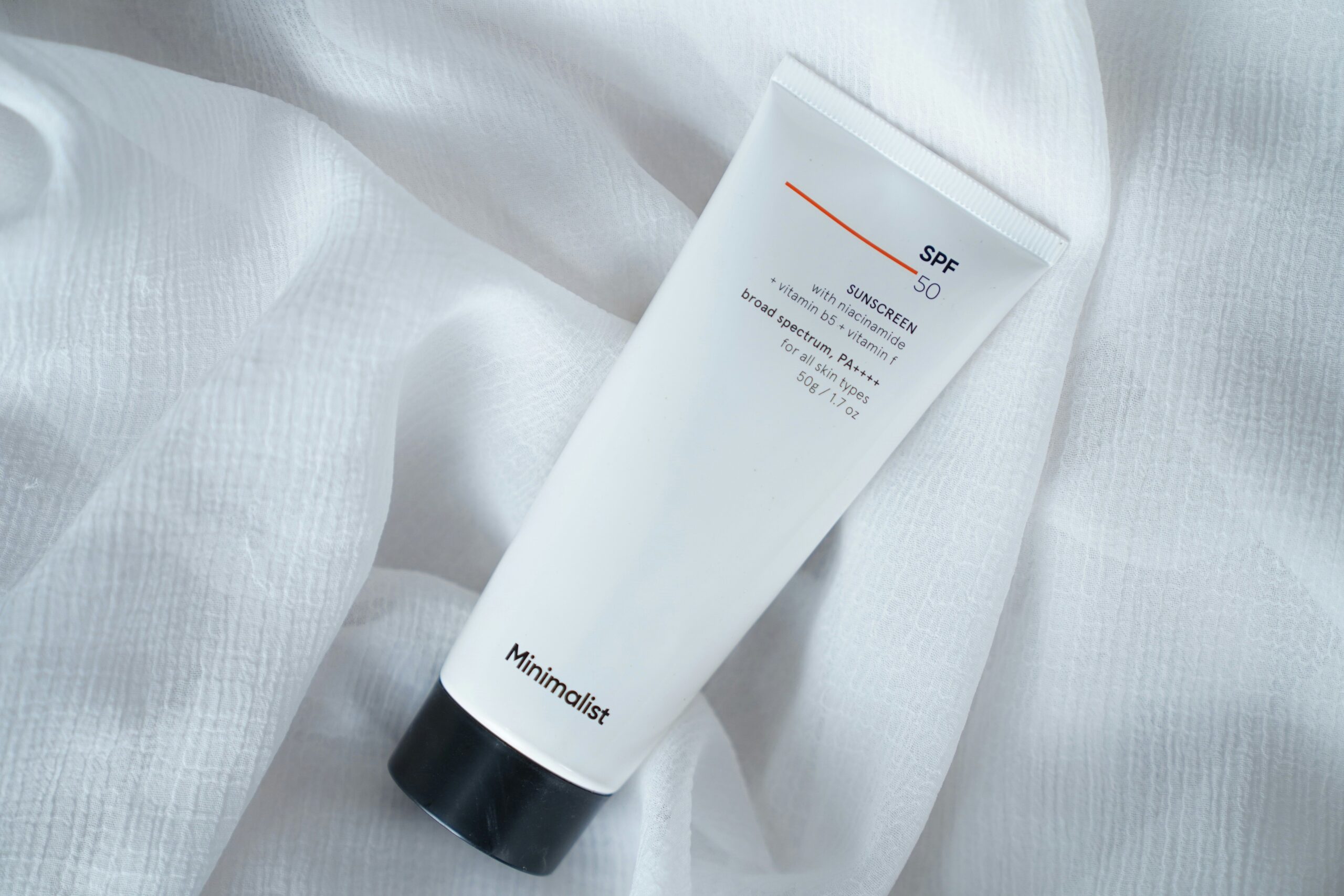Ever slathered on a fancy moisturizer only to end up with red, itchy skin? You’re not alone. Many skincare enthusiasts are ditching synthetic chemicals and turning toward organic moisturizers for their soothing properties—and you should too.
In this post, we’ll dive into why organic moisturizers rock, how they harness nature’s best soothing ingredients, and how you can pick the perfect one (yes, even if you’re allergic to half the periodic table). Ready to say goodbye to irritation and hello to your glow-up? Let’s roll.
Table of Contents
- Why Go Organic?
- How to Choose an Organic Moisturizer with Soothing Properties
- Best Practices for Using Organic Moisturizers
- Real Results: Case Studies from Skincare Warriors
- FAQs About Soothing Organic Moisturizers
Key Takeaways
- Organic moisturizers use natural ingredients like aloe vera, chamomile, and shea butter to deliver soothing properties without harsh chemicals.
- Choosing products certified as organic ensures purity, ethical sourcing, and eco-friendly practices.
- A consistent routine paired with patch testing reduces the risk of allergic reactions.
Why Go Organic? Because Your Skin Deserves Better Than Chemical Soup

Here’s the tea: Conventional moisturizers often contain parabens, sulfates, and artificial fragrances that may wreak havoc on sensitive skin. I learned this lesson the hard way—once, I bought a “luxury” cream loaded with synthetics, thinking I was treating myself. Spoiler alert: My face broke out faster than my Tamagotchi died in the ’90s.
On the flip side, organic moisturizers prioritize botanical extracts known for their soothing properties. A study found that plant-based formulations reduced inflammation by up to 40% compared to their non-organic counterparts. Ingredients like calendula and green tea antioxidants work overtime to calm irritated skin while hydrating deeply.
Grumpy You: “Yeah, yeah, but aren’t organics more expensive?”
Optimist You: “Only until you factor in fewer dermatologist visits!”
How to Choose an Organic Moisturizer with Soothing Properties

Picking the right organic moisturizer is like speed dating—you need to know what works for YOU. Here’s how:
Step 1: Look for Certifications
Not all “natural” claims are legit. Check for seals like USDA Organic or COSMOS certification to ensure the product meets strict organic standards.
Step 2: Identify Key Ingredients
Focus on these power players:
- Aloe Vera: Hydrates and heals damaged skin.
- Chamomile: Reduces redness and inflammation.
- Jojoba Oil: Mimics your skin’s natural oils for balanced hydration.
Step 3: Patch Test Before Committing
This step saved me from countless disasters. Apply a small amount behind your ear and wait 24 hours; no reaction means go ahead!
Best Practices for Using Organic Moisturizers

Listen, buying an awesome organic moisturizer won’t cut it if you don’t use it properly. Follow these tips for maximum benefits:
- Cleanse first to remove dirt and prep your skin for absorption.
- Apply moisturizer within 3 minutes of washing your face—the golden window for locking in moisture.
- Layer lightly. More isn’t always better; let your skin drink it in!
Oh, and remember this terrible tip:
“Slap any random lotion on dry patches and hope for the best.” Yeah, nah. Don’t be lazy!
Real Results: Case Studies from Skincare Warriors
Meet Sarah, who struggled with eczema flare-ups every winter. After switching to a calendula-infused organic moisturizer, her symptoms improved dramatically—zero steroids needed. Another warrior, Jake, swears by his coconut-oil-rich formula which helped soothe razor burns and keep his complexion clear.
These success stories prove that when you tap into the soothing properties of organic ingredients, magic happens.
FAQs About Soothing Organic Moisturizers
Are organic moisturizers suitable for oily skin?
Absolutely. Lightweight options with hyaluronic acid provide intense hydration without clogging pores.
Do organic moisturizers expire faster?
They tend to have shorter shelf lives due to fewer preservatives. Always check expiration dates and store them properly.
Can pregnant women use organic moisturizers?
Many brands offer pregnancy-safe formulations free of harmful additives. Just double-check ingredient lists and consult your doctor.
Conclusion
Navigating the world of beauty and skincare can feel overwhelming, especially with so many misleading claims out there. But once you discover the soothing properties of organic moisturizers, there’s no turning back. From reducing redness to boosting hydration, these natural wonders deliver results worth raving about.
Ready to transform your skincare game? Start small—switch one product at a time—and watch your complexion bloom. And hey, here’s a little haiku to wrap things up:
Leafy greens heal skin, Nature’s balm whispers softly, Glow starts within us.


